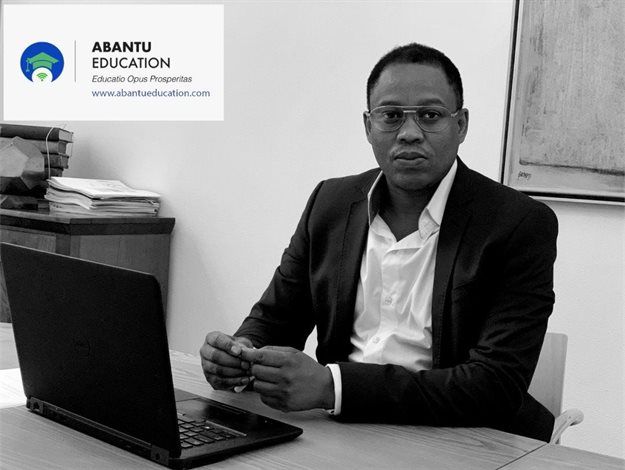
Related
Top stories






More news














Various researchers have concluded that Covid-19 could contribute to the global economy shrinking by at least 1% this year only, and even further contraction if the restriction of economic activities are extended without an adequate fiscal response.
The United Nations Education, Scientific and Cultural Organisation (Unesco) has confirmed that the Covid-19 pandemic has significantly disrupted the world of education in the past four months. More than 233 million students in over 13 countries including Italy, China and Japan have not been able to attend school as a result of attempts to curb the spread of the virus.
Universities across the African continent have responded to this pandemic and taken to prevent its Covid-19 transmission by shutting down activities on their campuses.
In the past few months, we have witnessed the migration of classrooms from campus to online. Africa’s top universities are trying hard to keep education going. Universities such as Wits University, the University of Pretoria and University of Cape Town have implemented systems where current students are able to continue their education through an online blackboard, to: review their academic tasks, upload study materials and also share information with their classmates. Pascale Woolley, a BSc Information Technology and Mathematics student at Wits University, is not completely impressed as she finds that studying online lacks a face-to-face interaction with her lecturers and peers. “There is no human connection and I feel a little bit lost studying on my own,” she said.
Global lockdowns across Europe, North America and Africa are hitting many industries really hard, particularly industries involving physical interaction such as recreation, hospitality, transportation, sports and education. In Africa alone, all these industries account for more than three-quarters of jobs for skilled and unskilled individuals. Jobs losses will continue as governments and companies endeavour to save them. Employee-employer (as we have already seen) will change drastically. Only the highly skilled and educated might find job security.
To develop new skills, to acquire new competencies, we at Abantu Education, believe that development of new skills and the acquisition of new competencies are reasons enough to invest time and effort in the continuation of your education. Indeed, education must continue, one way or another.
How does one stay relevant and continue their academic journey as a professional well?
Online Education has proven to be an answer to these pressing questions. Abantu Education Consultancy has been assisting students across Africa to connect with universities offering academic programmes online. With 15 years of combined experience among our key team members, we are experts in identifying the right programmes that will help you develop relevant skills, acquire new competencies and accelerate your career. We have connected and successfully enrolled more than 85 students from South Africa, Nigeria, Nairobi and Uganda.
For more information on how to find a credible academic partner for an accredited qualification, please do not hesitate to contact:
Sydney Malla: Director of Partnerships and Enrolments on:
Email: moc.noitacudeutnaba@ofni
WhatsApp: +31 6 248 387
We will be delighted if you can attend our free webinars taking place this month featuring special guests from Europe’s high-ranking universities.
To reserve your online seat do not hesitate to drop us an email or WhatsApp message if you can attend our free webinars taking place this month.